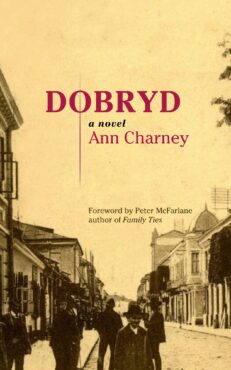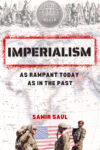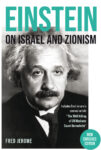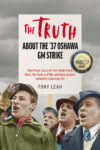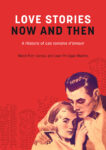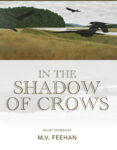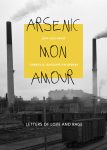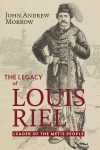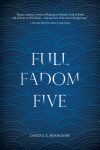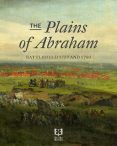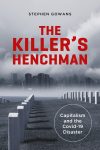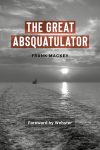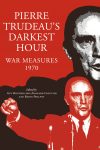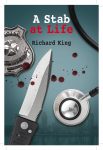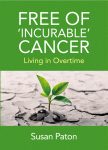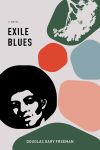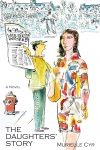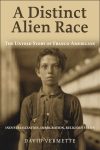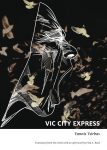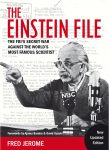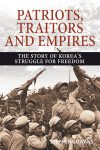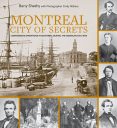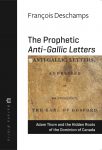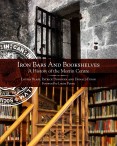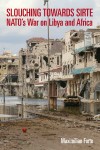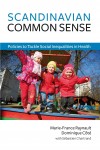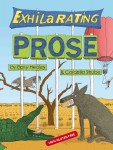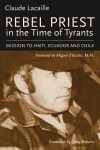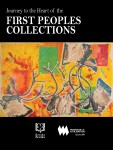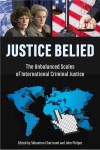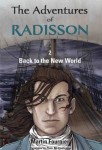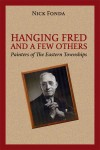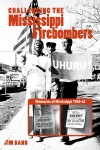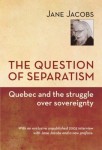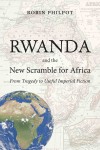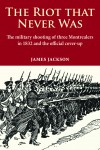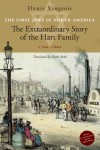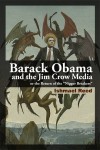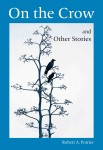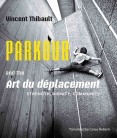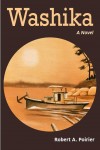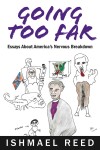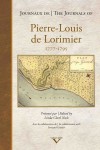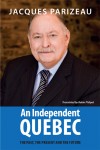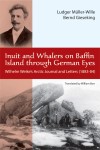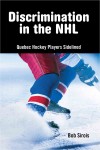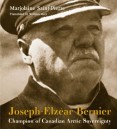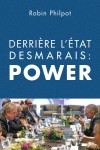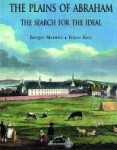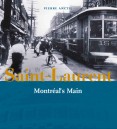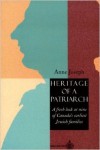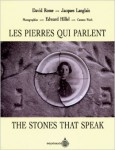Description
JUNE 15, 2025.
It is 1944 and Red Army soldiers have liberated the Polish town of Dobryd from Nazi occupation. After three years of hiding, a family are helped down from a hayloft and given bread. One of the soldiers picks up a four-year-old child and carries her outside. She looks around in wonder and feels, for the first time in her life, the fresh air of summer on her cheeks.
So begins a young girl’s new life amid the ruins of World War II. While adults mourn what was lost forever, the narrator explores a world that had been forbidden to her, discovering the pleasures of the senses and the company of other children. Though resolutely thriving in the present and thrilled about what’s ahead, the young child also pieces together the past that the adults are determined to bury.
In this powerful autobiographical novel about momentous events, Montreal writer Ann Charney tells an illuminating story of ordinary people committing appalling crimes and surviving unfathomable despair. Written with fierce candour and insight, it is a compelling story of the human spirit.
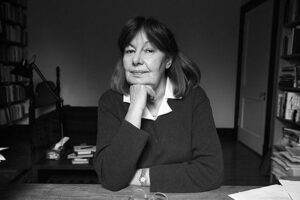 Ann Charney is an award-winning Canadian novelist, short story writer, and journalist. Dobryd was first published in 1973 and was translated into many languages. Her work has been published in Canada, the U.S., France, Germany, and Italy. Ann Charney’s other books include Life Class, Rousseau’s Garden, Distantly Related to Freud and Defiance in Their Eyes. She has won Canadian National Magazine Awards both for her fiction and non-fiction and was made an officer of the Ordre des arts et lettres in France. Ann Charney lives in Montreal.
Ann Charney is an award-winning Canadian novelist, short story writer, and journalist. Dobryd was first published in 1973 and was translated into many languages. Her work has been published in Canada, the U.S., France, Germany, and Italy. Ann Charney’s other books include Life Class, Rousseau’s Garden, Distantly Related to Freud and Defiance in Their Eyes. She has won Canadian National Magazine Awards both for her fiction and non-fiction and was made an officer of the Ordre des arts et lettres in France. Ann Charney lives in Montreal.
Peter McFarlane is an author, journalist, editor, and arts administrator. His most recent book, which was inspired by Dobryd, is Family Ties, How a Ukrainian Nazi and a Living Witness link Canada to Ukraine today. Author of numerous articles, he is also the editor of several award-winning titles including Unsettling Canada. He lives north of Montreal.
Reviews and Praise
“Dobryd is an extraordinary novel, a powerful story inspired by Charney’s own life, about a young girl who spends the first few years of her life hiding from Nazis with her mother and aunt in a haystack in a barn somewhere in rural Poland. . . . Running in the sun, playing with other children, going to the market, these are all things she has never experienced. And that’s the genius of the novel. Unlike so many stories told of the horrors experienced in Europe during World War II, Charney doesn’t write it as a tragedy.” Brendan Kelly, The Gazette
Cited among “The Best of Summer Books” by The Globe and Mail.
“Dobryd, Ann Charney (Baraka Books, June) When it was first published in 1973, Charney’s autobiographical novel about her and her mother’s escape from Nazi-occupied Poland was compared to The Diary of Anne Frank for its powerful exploration of the effects of war. But the book was better received overseas than in Charney’s adopted Canada – one of its heroes being a Red Army soldier proved a complicating factor – and it eventually fell out of print until this revival by a Quebec publisher.
“Brave, but scary, new world: Ann Charney’s riveting girlhood memoir of life in post World War II-Poland.” Melanie Jackson, The Seaboard Review
“Along with The Diary of Anne Frank . . . Dobryd will take its place as one of the truly significant insights into the effects of war.” Books in Canada
“A tale told with great skill and simplicity; her book is a tour de force.” Maclean’s
“A ‘marvelous’ autobiographical novel of a Jewish girl emerging from hiding in Poland after the defeat of the Nazis, and rediscovering freedom and hope.” Publishers Weekly
“One of the best books on a European destiny in our century.” Stuttgarter Zeitung, Germany
“Original and compelling, this book makes us believe in the possibility of happiness amid the terrors of war.” Frankfurter Neue Presse, Germany
“A terrifying and inspiring story of war seen through the eyes of a child.” L’express, Belgium
“An extraordinary testimonial to the strength of the human spirit, even in the worst times.” Flair, Belgium
“The novel’s unsentimental, clear-eyed vision offers hope that, with luck, the human spirit can blossom under the most dreadful circumstances.” Mary Soderstrom
Visited 2624 times , 18 Visits today

